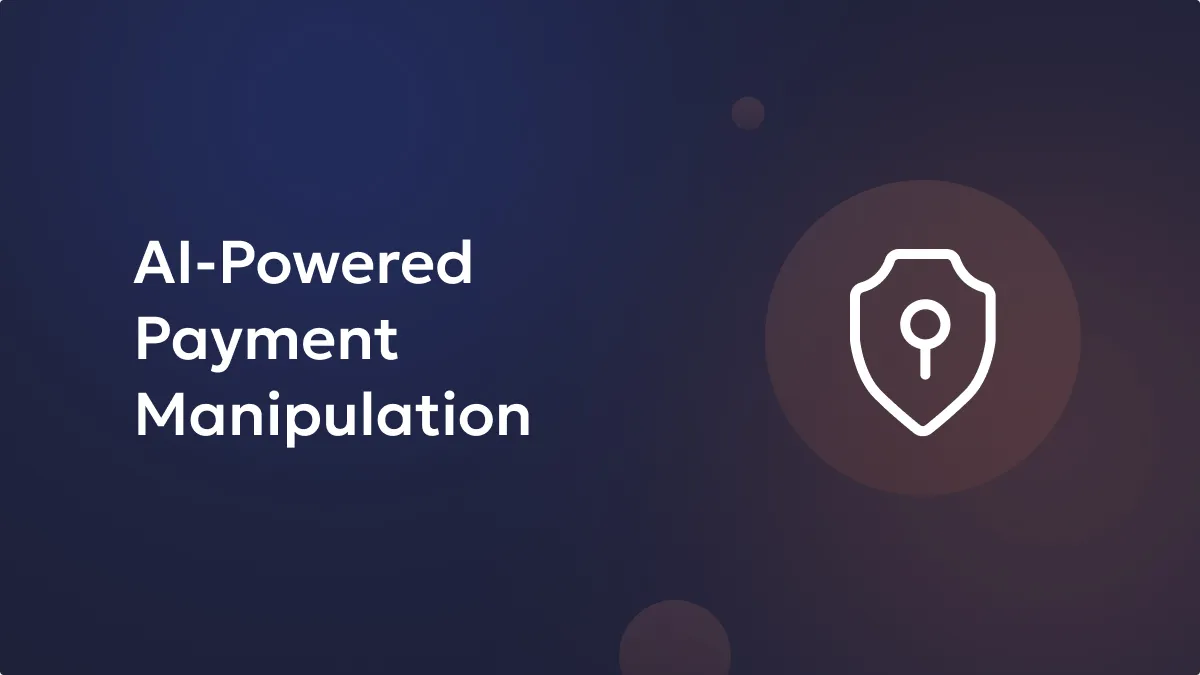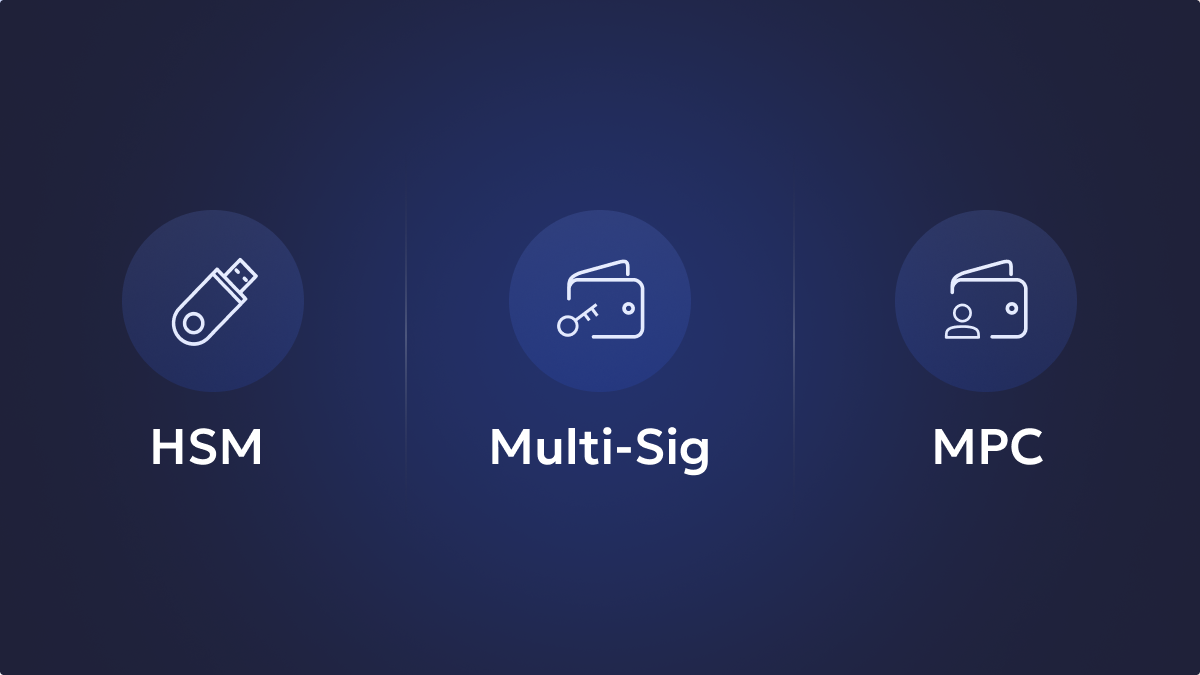The notion of digital asset custody bears a remarkable resemblance to the principles behind traditional financial asset custody. Its roots can be traced back to when individuals securely stored their financial documents in personal vaults, such as paper certificates, warrants, and stock certificates. Over time, custody practices advanced, leading to the emergence of custodians in the form of banks and regulated entities. These custodians assumed the responsibility of safeguarding assets and providing the necessary infrastructure for asset storage and management.
Key Takeaways
- Digital asset custody is a digital wallet platform where your secret private cryptographic keys are stored away from potential threats.
What is digital asset custody? Explained
Digital asset custody encompasses various methods of securely storing and protecting digital assets on behalf of their owners. Similar to the custody of traditional financial assets, crypto custody providers assume the responsibility of safely keeping investors’ assets and often offer additional services such as buying and selling capabilities.
Unlock the potential of digital assets for your institution
However, there are notable differences between digital asset custody and custody of traditional assets. The nature of digital assets, particularly cryptocurrencies, emphasizes the criticality of secure custody. Digital assets are created and transferred through cryptography and decentralized blockchain networks. Ownership of these assets is proven through cryptographic keys issued to the owners, which are utilized for asset transfers and transactions. Unlike traditional assets, blockchain records transactions are the primary documentation of the assets’ existence.
In essence, digital asset custodians do not store the assets themselves but safeguard the owners’ cryptographic keys. Protecting these keys is paramount to ensure the security of the owner’s assets. If the keys are lost or stolen, the assets may become irretrievable. Given these unique characteristics, secure custody of digital assets becomes even more crucial than traditional financial assets.
The public key and Private key infrastructure
A digital asset custody wallet serves as a designated location for storing an asset owner’s cryptographic keys. Wallets typically hold two essential types of keys: private and public. These keys work together to ensure the secure completion of transactions, including cryptocurrency purchases.
Secure and manage your digital assets with Liminal
Private keys are huge, randomly generated numbers that serve as evidence of digital asset ownership. They come into play when transferring assets to other individuals or spending cryptocurrencies. Each transaction undergoes owner verification through digital signatures using their private key. Maintaining the utmost privacy of private keys is paramount; they should never be shared with anyone else. Sharing private keys could allow unauthorized individuals to transfer funds from the owner’s wallet.
In contrast, public keys are also sizable numbers utilized during transactions. Unlike private keys, public keys can be shared openly. The public key generates a deposit address specific to the owner’s wallet. When transferring assets between owners, the sharing of deposit addresses facilitates the determination of the intended destination for asset transfers.
Safety
Digital asset custody is centred around safeguarding the private key, which is vital in storing, managing, and transferring digital assets. However, private keys present a potential single point of failure within the system. They are responsible for decrypting messages and authenticating transactions, making their protection crucial to prevent theft, loss, or destruction. Consequently, sophisticated technologies are required to ensure the security of private keys.
The control and management of these private keys have given rise to specialized frameworks supporting the custody of digital assets as a distinct service offering. These frameworks are designed to provide enhanced security measures, mitigating the risks associated with private key vulnerabilities. By offering advanced digital asset custody solutions, these frameworks address the specific needs of managing private keys and provide a specialized service to protect digital assets.
Different types of Digital asset custody wallets:
Various methods can enhance the security of storage solutions. Digital asset custodians or custody providers employ a combination of the aforementioned methods and additional features to enhance user safety. Multi-signature (Multisig) and multiparty computation (MPC) are two such mechanisms. Let’s explore these additional security features.
Multi-Signature (Multisig):
As the name implies, this feature requires multiple private keys to sign a transaction. By implementing Multisig, users’ assets remain protected even if one or a few systems are compromised. It typically follows an M-of-N arrangement, where N represents the number of authorized keys, and M represents the threshold required to sign off on a transaction. This approach ensures that no single individual has complete control over the assets, enhancing security.
Multiparty Computation (MPC):
Like Multisig, Multiparty Computation or MPC eliminates the vulnerability of a single point of compromise. However, it achieves this by dividing the private keys into fragments or “key shards.” Unlike Multisig, which requires multiple people with keys to complete a transaction, MPC combines multiple key fragments distributed across devices to form a single private key. Consequently, even if one device is compromised, a hacker cannot access the assets due to the fragmented nature of the keys.
By leveraging these additional security features, such as Multisig and MPC, digital asset custodians and custody providers further fortify the storage of digital assets, reducing the risks associated with single points of failure and enhancing overall security.
Digital Asset Custody Benefits
Simplicity:
Crypto custody providers offer simplicity by alleviating the burden of tracking and maintaining private keys for individual investors. This convenience becomes increasingly significant as investors’ holdings become more complex, involving frequent transactions and multiple digital assets.
Efficiency:
This simplicity translates into enhanced operational efficiency for institutional investors. Managing a portfolio of digital assets requires less time and effort when entrusted to a custody provider, allowing institutions to focus on their core activities.
Greater Security:
Financial services firms specializing in crypto custody possess the necessary resources and expertise to deliver highly secure digital asset custody solutions. These solutions provide robust protection against potential threats, including hackers and internal misuse, offering investors peace of mind.
Reduced Risk:
Crypto custody providers prioritize advanced security measures and mitigate risks in various ways. Some providers obtain licenses from regional authorities to act as digital asset custodians. To obtain such licenses, providers must implement measures that safeguard investors’ assets from theft, loss, and unauthorized use. Additionally, prominent digital asset custody providers may offer insurance coverage, protecting against potential losses caused by theft or other unforeseen circumstances.
Conclusion
As digital assets gain prominence, the significance of digital asset custody services for safeguarding cryptocurrencies and other digital assets has grown substantially. As the market for these assets continues to expand, innovative forms of custody have emerged to cater to the requirements of investors.
Digital asset custody services play a pivotal role in the crypto ecosystem by offering investors a crucial layer of security and protection. These services are expected to evolve further and adapt to the industry’s evolving demands as it progresses.






